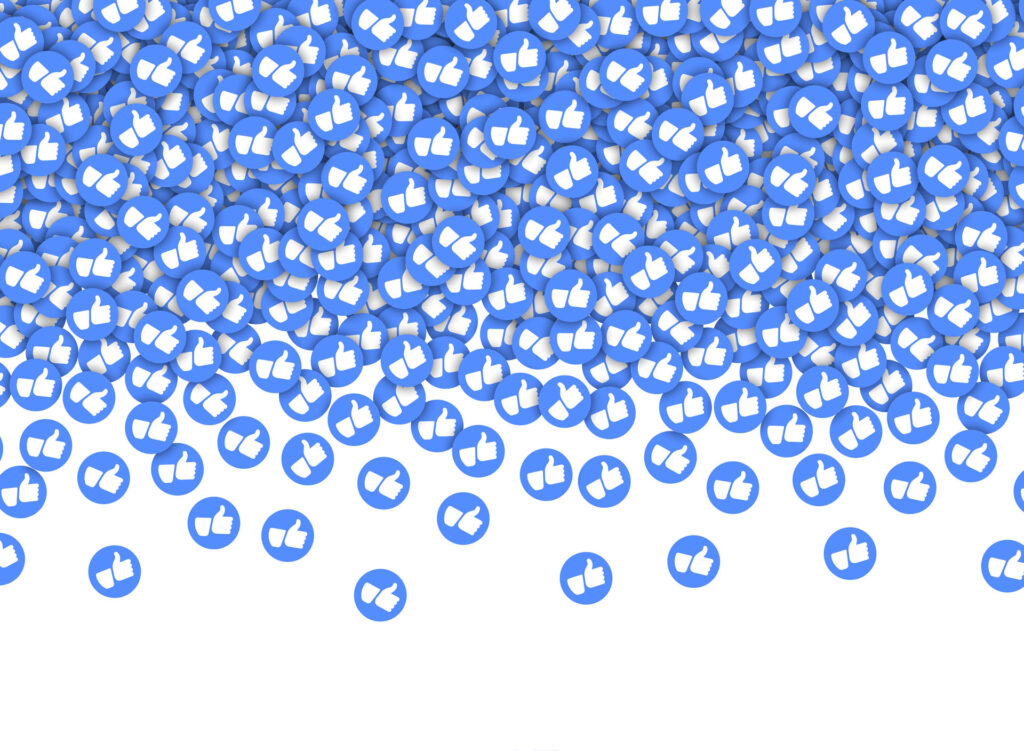
Last month Facebook announced new trials where they are hiding (from the public) the number of likes a post gets, much as they did earlier with Instagram.
The move is getting kudos from many, including Josh Constine in TechCrunch who says it’s a great way to end the “popularity contest mentality.”
“If their post has lots of Likes, you feel jealous,” Constine writes. “If your post doesn’t get enough Likes, you feel embarrassed. And when you just chase Likes, you distort your life seeking moments that score them, or censor it fearing you won’t look popular without them.”
Much of the initial reaction to this news was from marketers and industry folks who are, understandably, concerned over what it means to their content strategy, especially when it relies on vanity metrics. But it’s easy to forget that the vast majority of Facebook users are not using it for marketing, but for personal engagement.
“The change could help encourage more open expression on the platform — or at least that is what Facebook is hoping,” writes Trevor Mogg in Digital Trends. “In some cases, users may only like a post just because the like count shows that everyone else did. Though users will be able to see their own like counts for self-validation (or lack thereof), there won’t be any numbers to compare them to, if the test becomes a permanent feature. Facebook says they are monitoring user reactions to the adjustment to determine whether to move forward with hiding those like counts.”
Mogg isn’t sure if this will help with the documented rise in anxiety, envy and depression caused by social media use, and he reminds us there is another side to that social coin.
“… many users are also able to find plenty of positives with services like Facebook and Instagram, with people reporting closer connections and valuable support from friends, among other benefits,” he writes.
Of course, if feeling better is the ultimate goal, you might want to consider getting off Facebook entirely, Mogg reminds us. He shared links to some handy guides created by Digital Trends showing you how to delete Facebook and Instagram (and Twitter and Snapchat, while you’re at it).
Like anything you do, you must consider the costs. For many, too much time on social is exacting a heavy toll. This could help make things a bit more bearable.
